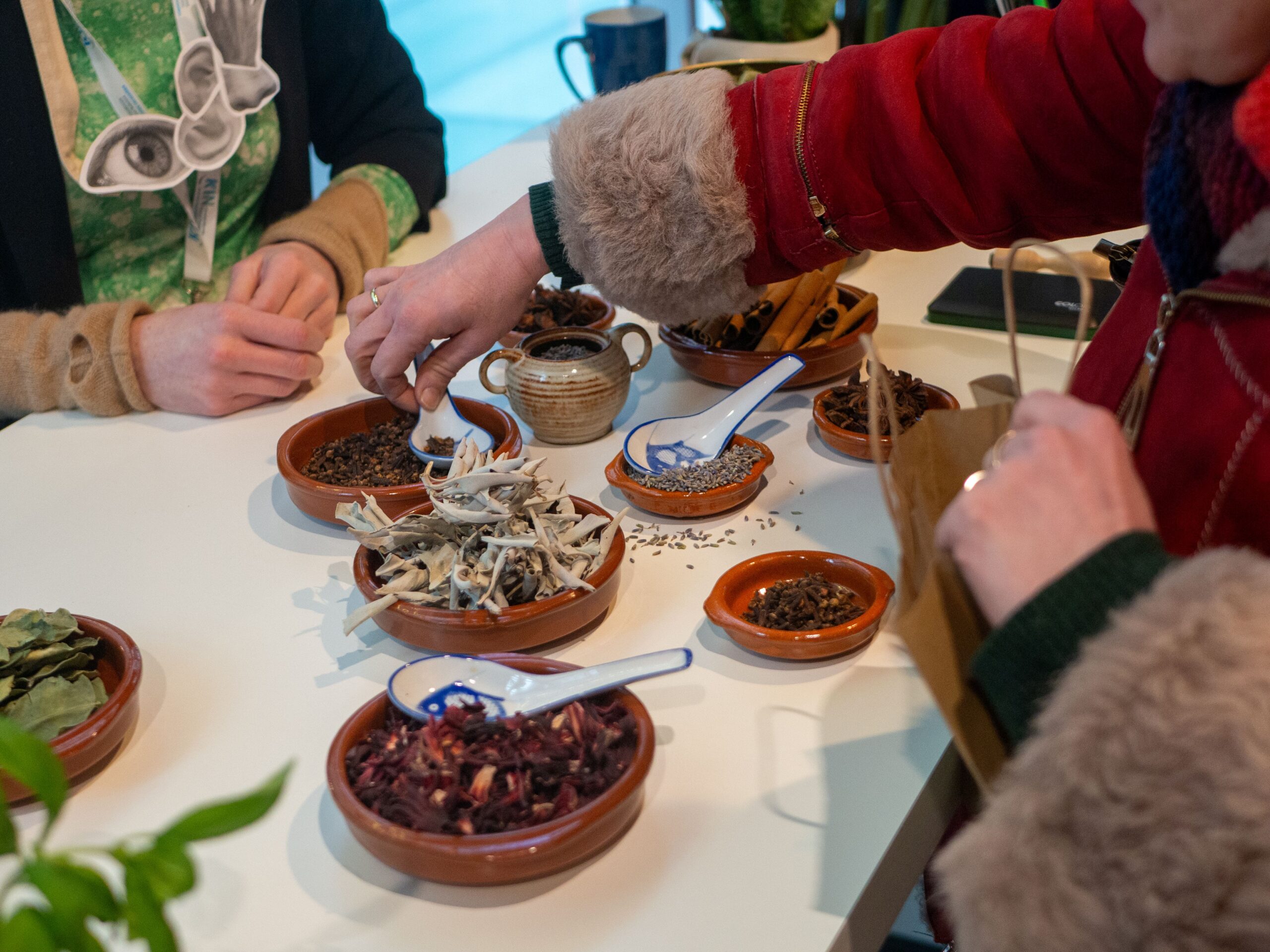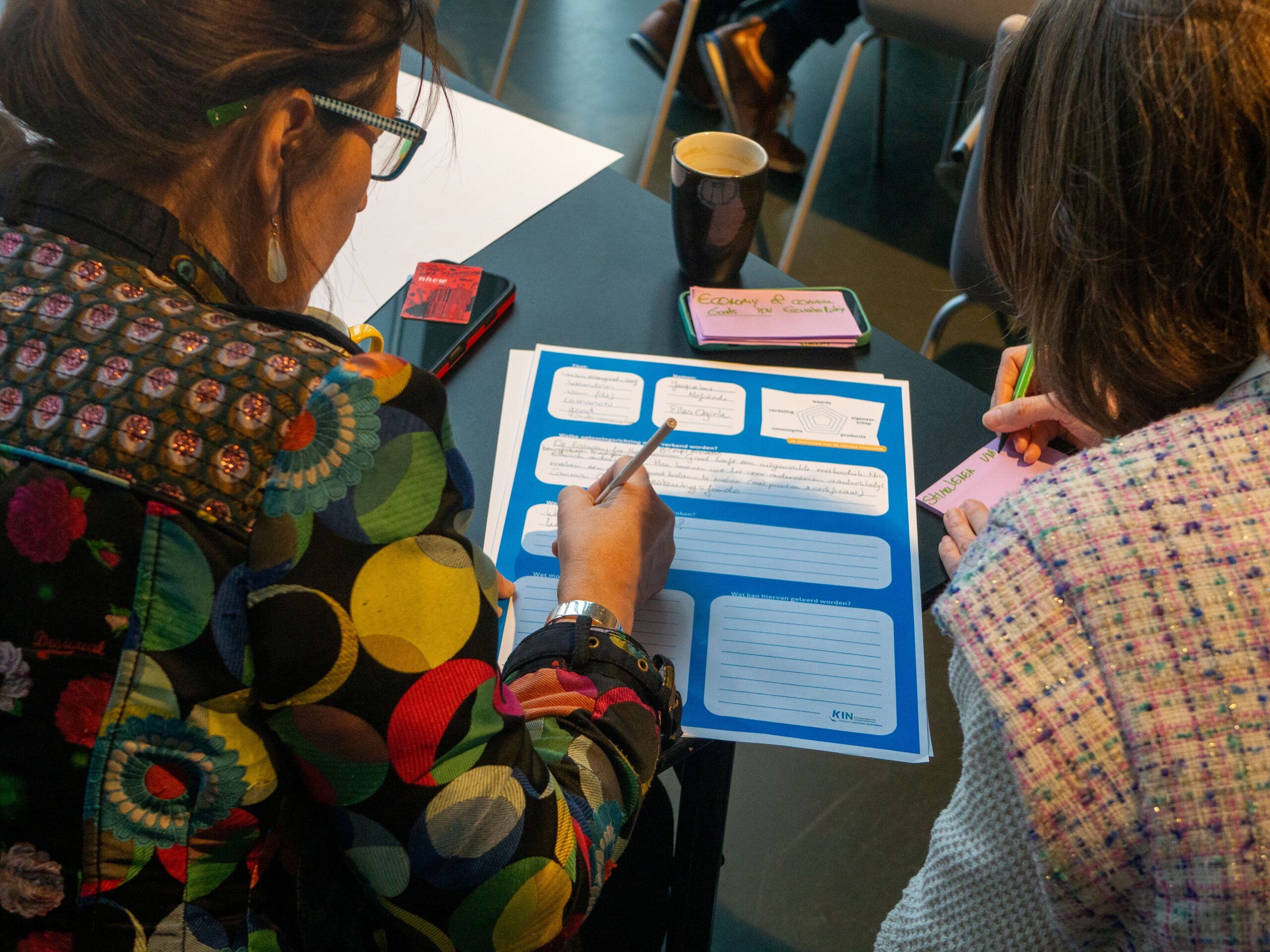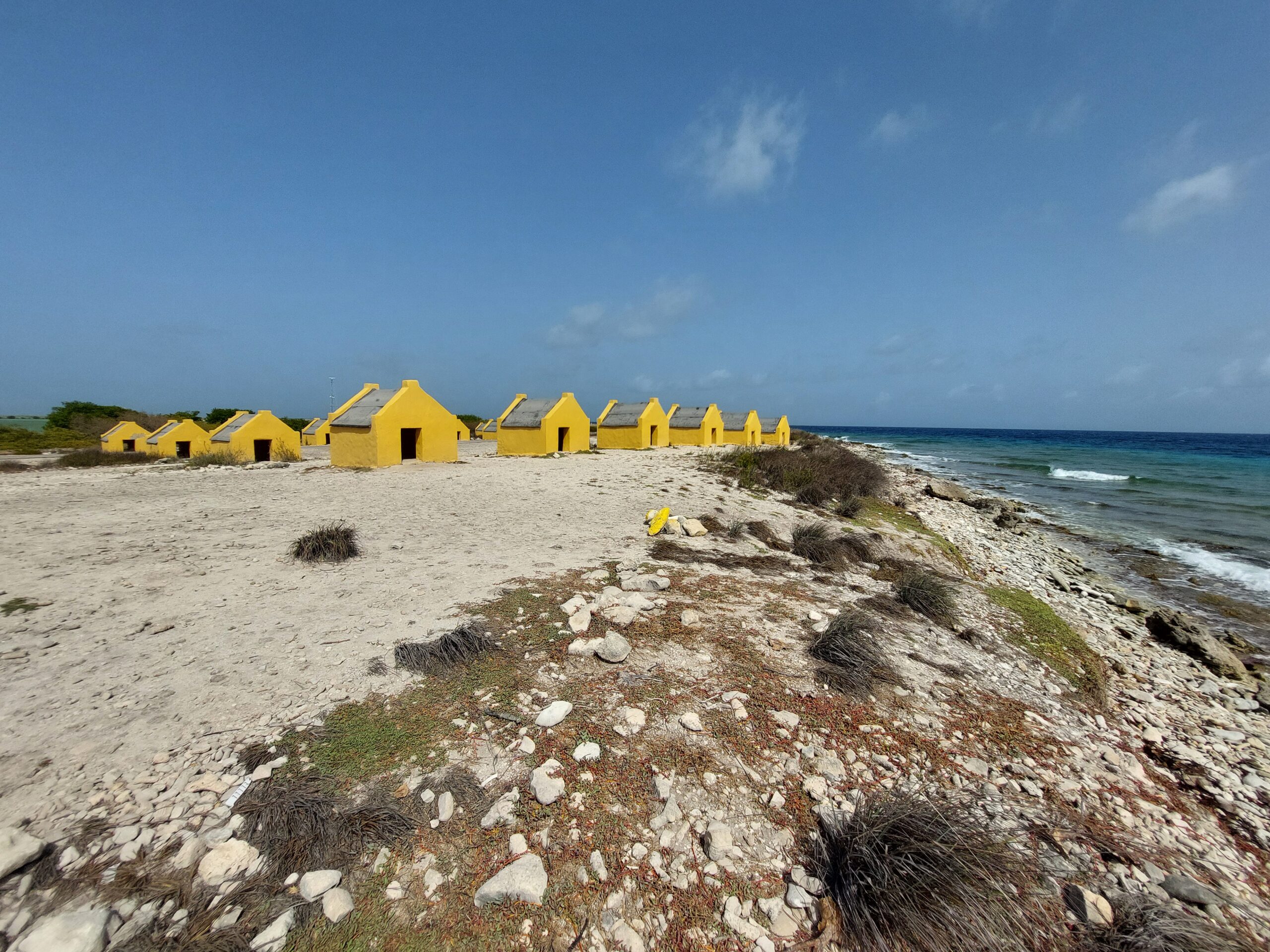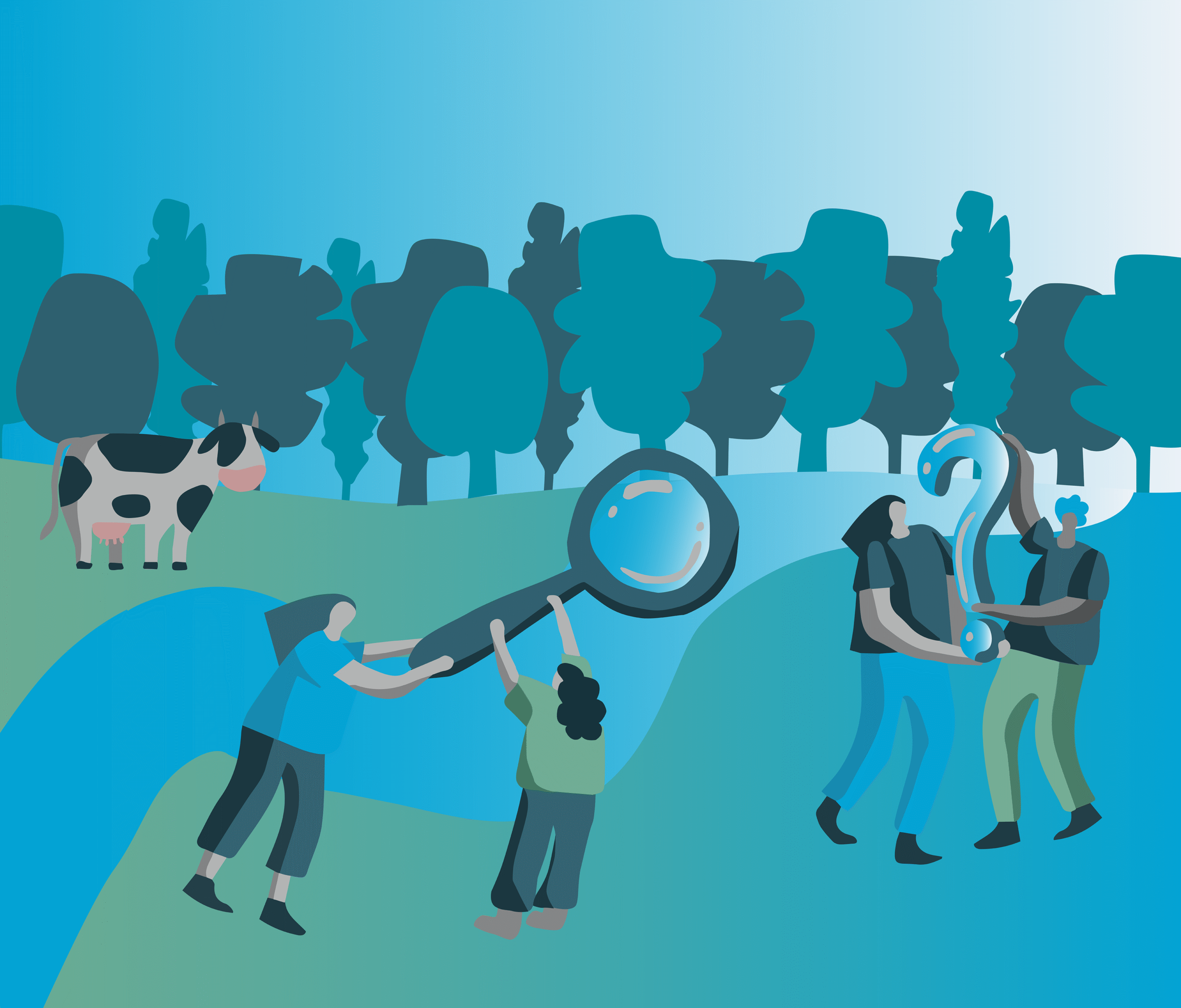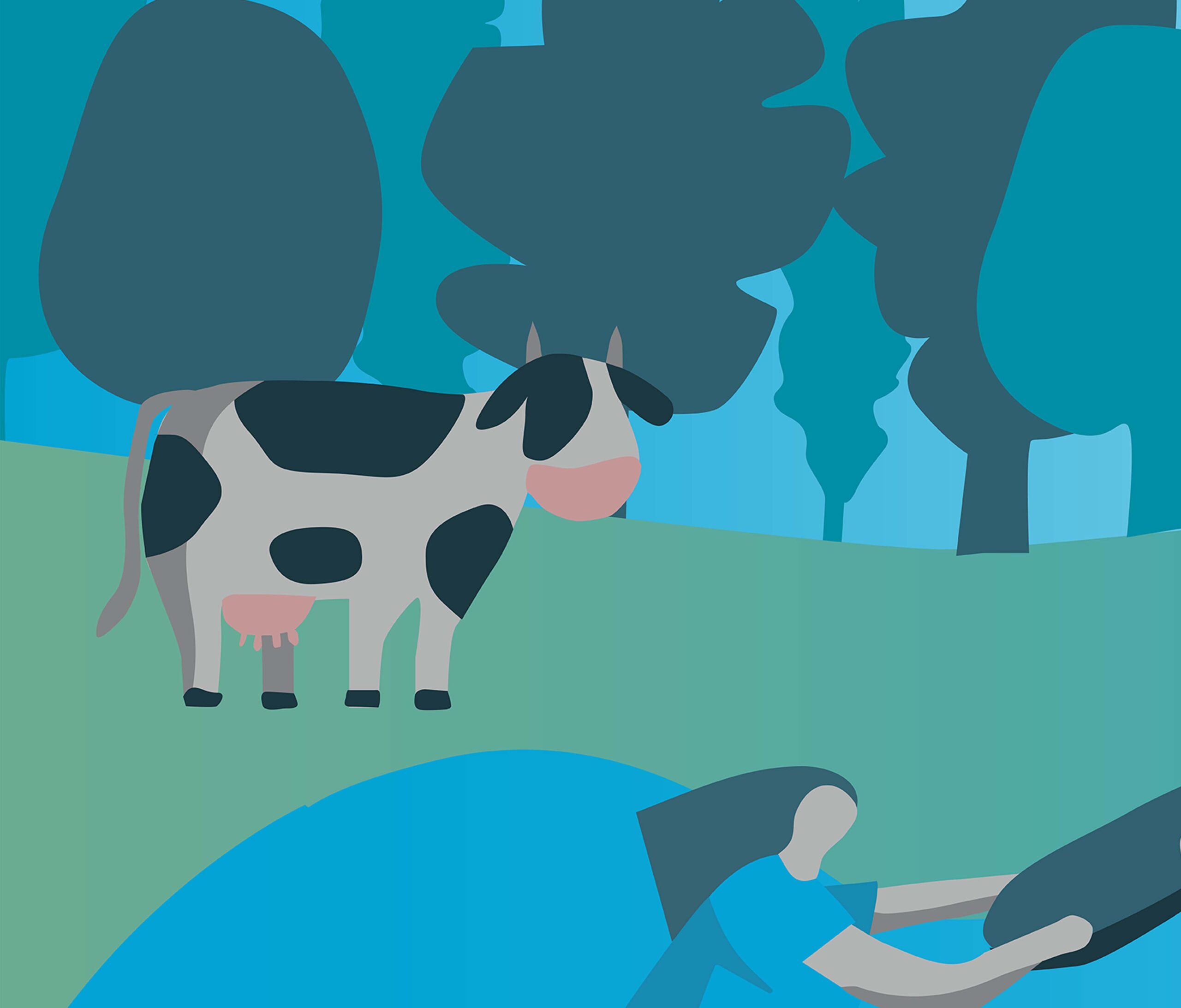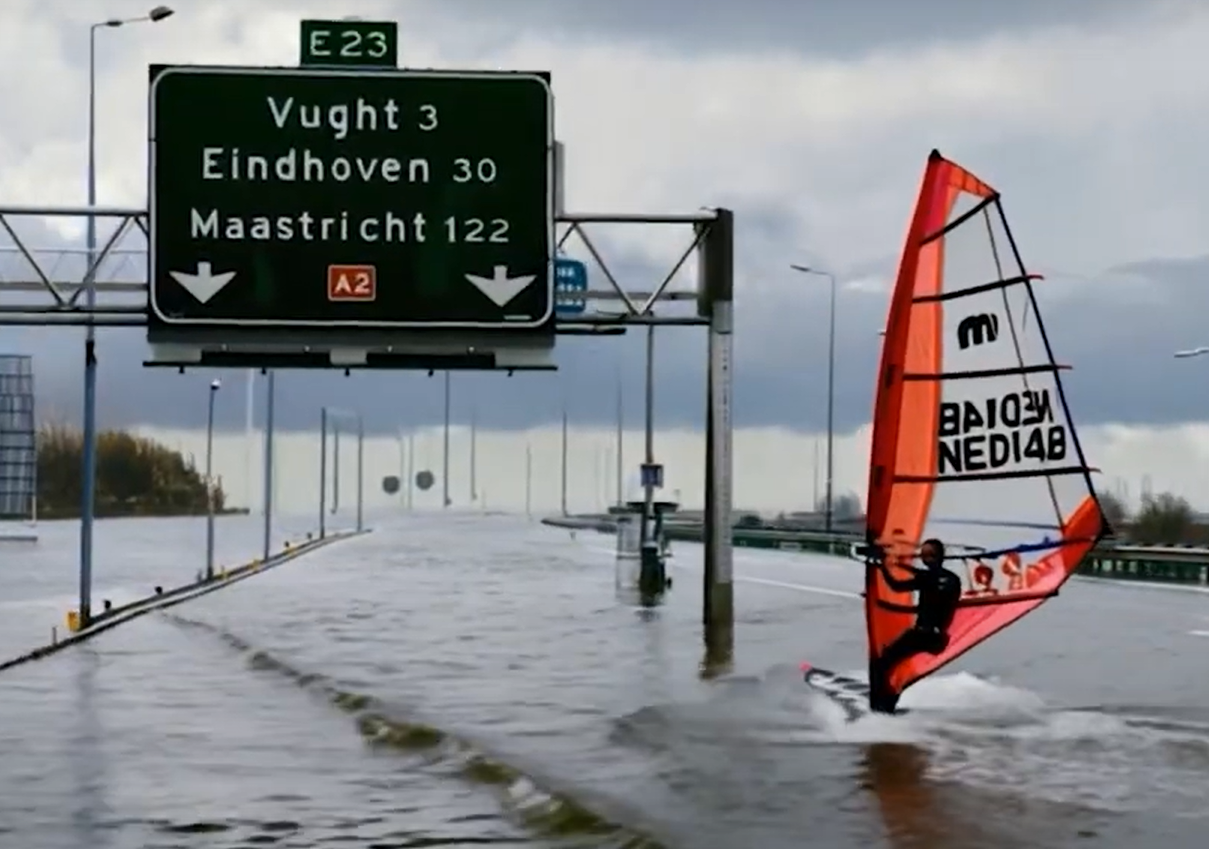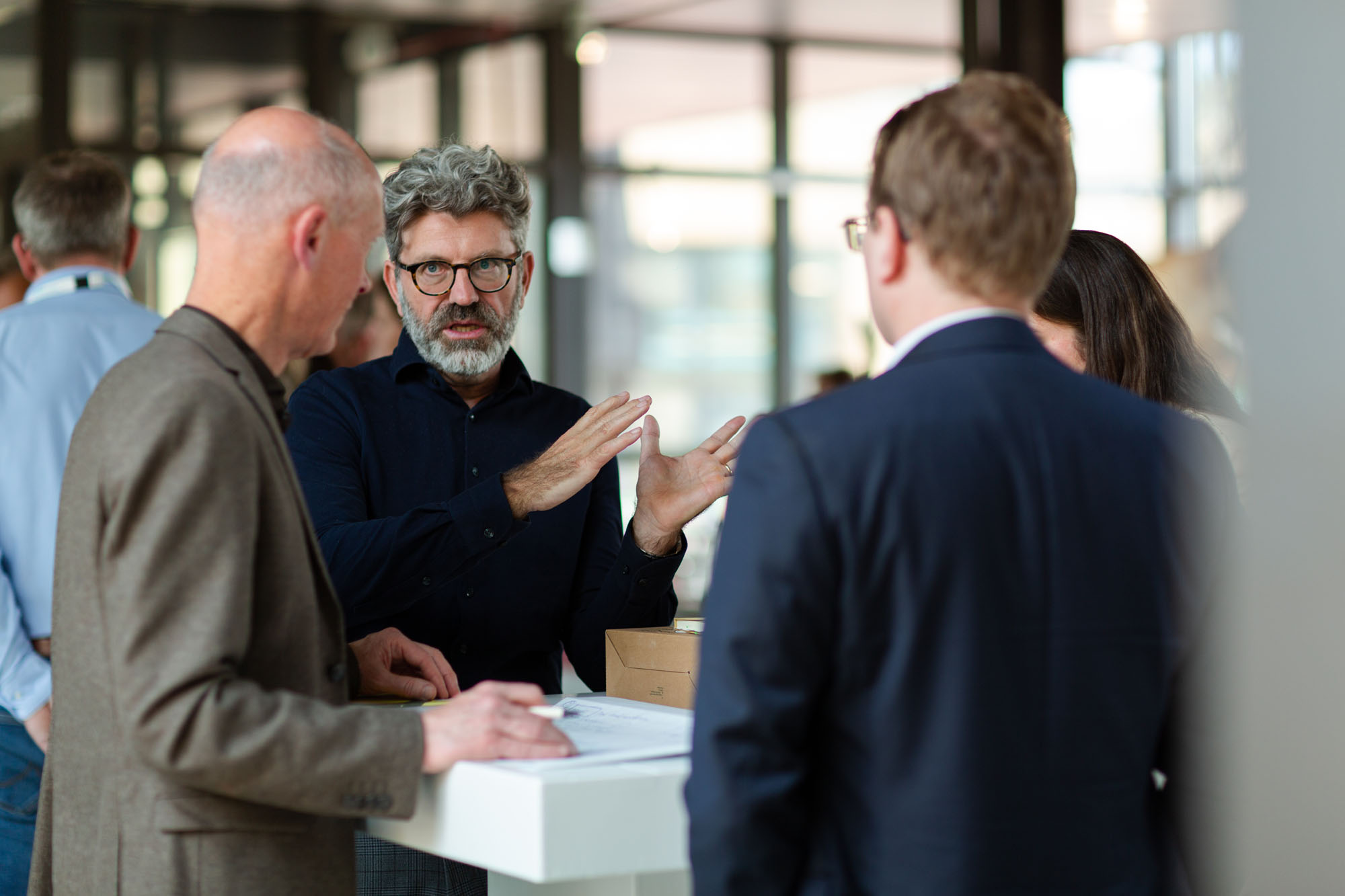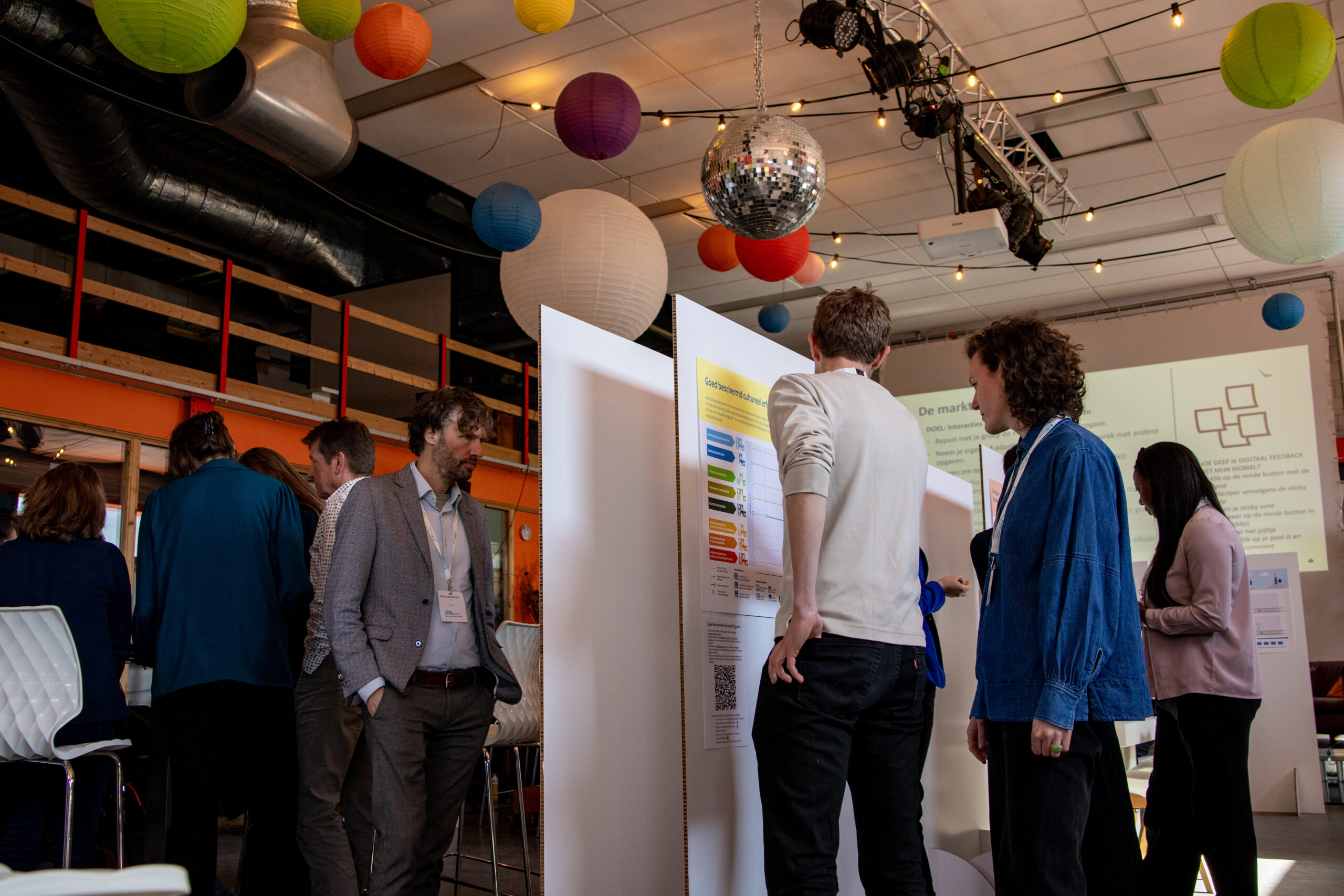Making the Netherlands climate neutral and climate proof requires fundamental and sustainable social changes that benefit everyone. Close cooperation between science and practice is essential to focus on concrete knowledge and transition tasks.
Connecting social pioneers and researchers
Entrepreneurs, enterprising citizens, creative professionals, action researchers and enterprising civil servants all play a crucial role in the desired societal transitions. These pioneers are often already experimenting with desirable alternatives on a small scale and have a wealth of practical knowledge. Connecting them with researchers creates powerful combinations of practical knowledge and scientific methods. Moreover, science can help to legitimise and substantiate transition practices.
The KIN has developed the Knowledge in Action grant to initiate transformative projects. This grant facilitates and finances collaboration between researchers and societal actors in the field of just climate transitions. The grant enables action-oriented experiments with a cyclical process of testing, researching and adjusting.
Current Knowledge-in-Action Calls: “Collective Water Management in East Brabant” and “Costs and Benefits of Doing (Nothing)”
The first Knowledge-in-Action programme started in 2025 and focuses on Collective Water Management. In close collaboration with the HAS Green Academy, the agenda for this was set during the jointly organised KIN Crutzen workshop on 2 July 2025 in Den Bosch. The Crutzen workshop is a working method developed by KIN in which transdisciplinary and co-creative collaboration takes place on an urgent (climate) transition issue.
At the beginning of 2026, the Crutzen workshop on “Economic transition: The costs and benefits of (not) doing anything” took place. The central question during this two-day workshop, in which a diverse group of thinkers and doers from the new economy participated, was: what does it actually cost us if we do nothing – and what are the benefits if we do take action to accelerate the economic transition to a climate-proof and neutral future? During these two days, themes and the outlines of action plans for accelerating economic transitions were drawn up. These will form the basis of a Knowledge-in-Action agenda. The call for this programme will open at the end of February 2026.
.
Transition interventions as a research method
The KIN is committed to supporting research in and for (transition) practice. We therefore emphasise action: by doing things in a targeted way, impact and insight are created. “Transition interventions” are transdisciplinary or transformative research projects in which research questions are asked by people who are trying to find a way together to a fundamentally better, more just or more sustainable future.
It is not about “just doing”, but about learning by doing and doing while learning. This requires an integrated analysis of persistent problems and entrenched systems, a set of guiding principles and values, substantiated theories and learning objectives with regard to the desired transition, a transparent and solid methodological approach, and a plan for facilitating co-creation and learning.
A transition intervention can be anything: (trans)disciplinary, visual, design-based, entrepreneurial or, conversely, very process-oriented, reflective or activist. As long as it involves a combination of forces from practice and research, aimed at advancing the desired transition.
About Knowledge-in-Action programmes
Knowledge in Action programmes are thematically organised and contain a co-created agenda with identified transition barriers, learning objectives and research questions. Proposals can take the questions formulated in the agenda as a starting point, or formulate their own research questions and related hypotheses and learning objectives appropriate to the sub-themes. The most important thing is that they further the desired transition in practice on a specific theme and develop and unlock knowledge and insights in the process.
